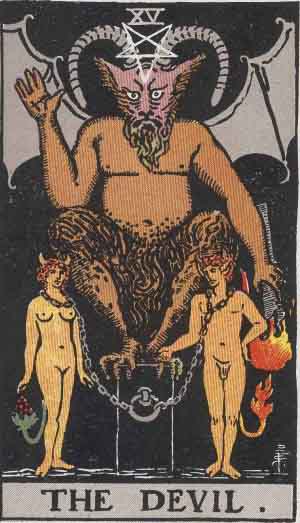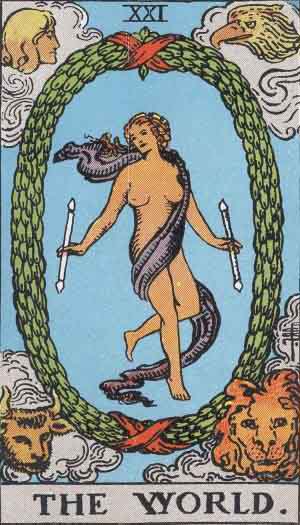Taken from The Temasek Review, news of this also appeared in the Straits Times (ST, pg. A12, 23 Jan 2010):
Education Minister Dr Ng Eng Hen was asked a sensitive and difficult question during his dialogue session with NUS Society (NUSS) members.
Mr Dennis Tan, a 49 year old workplace safety and health trainer and NUSS member asked Dr Ng why MM Lee Kuan Yew is not stepping down.
Lee is currently the oldest member in the Singapore cabinet at 86 years of age. He was the first Prime Minister of Singapore from 1959 to 1990 before stepping down. He subsequently held the positions of Senior Minister and the Minister Mentor presently.
To his credit, Dr Ng gave a diplomatic reply without offending both Singaporeans and his political master:
“The question is, does MM add value to Singapore? I’m not talking about in history, I’m talking about now. That’s the question that should be asked, not whether he should retire or not. Singaporeans must decide. MM spots pitfalls, he tells you what to avoid. He pushed for F1, for the IRs. So you decide. At the end of the day, it’s the vote. If his constituents at Tanjong Pagar feel he’s not adding value, they are free to vote.”
Lee has attracted the ire of many Singaporeans by continuing to stay on in the Singapore government. Though he admited that he “is not doing much work except forecasting”, some still regard him as the “real power” behind the scenes.
He currently draws about an annual salary of $3 million dollars, more than 5 times that of U.S. President Barack Obama. The Singapore government is the only one in the world with a Minister Mentor, two senior ministers and two deputy prime ministers in addition to the Prime Minister himself.
Besides his portfolio in the cabinet, Lee is also the Chairman of Government Investment Corporation (GIC) which manages much of Singapore’s national reserves.
Lee’s son Lee Hsien Loong is currently the Prime Minister of Singapore. His daughter-in-law Ho Ching heads Temasek Holdings, Singapore’s other sovereign wealth fund.
One of his nephrew-in-law Wong Kan Seng is both the Deputy Prime Minister and Home Affairs Minister of Singapore.
The elder Lee has ruled Singapore with an iron fist since first assuming his position in 1959. He spent the later part of his political career traveling around the world to dispense his usual “pearls of wisdom” to other leaders on how to run their countries.
Lee has yet to reveal if he will contest in the next general election due by 2012. The last three elections had been walkovers for him. Perhaps the opposition can consider sending a young team to contest against him in the next election to see if voters still want him to “add value” to Singapore.
If I had the privilege to interview MM, I might be curious to ask the following questions:
Most people your age would have been contented to wind down and spend time away from work. What are your personal life goals at this point of time?
If personal life goals are entwined with a duty to the nation, how do family and friends feel about this?
How would life be different for you if you stepped down from politics?
Life is unpredictable, what would you want to do for yourself before leaving this world?
Now, what drives my approach of questioning? Basically it's based on my counselling intuition that's informed by Mr. Lee's own writings, articles and recordings from his former political allies, and his public persona. I could be really off the mark but my hypothesis is that "letting go" might be an issue here. I'm referring to the theme of loss and grief familiar to counsellors. Looking at Erikson's life stage development model as a reference, this is usually a stage for retrospection rather than productive social involvement.
It's not meant to be a prescriptive model but it can be a useful map. According to the model, the completion of each stage is important or otherwise the challenges of a previous stage can resurface later in life. It may be argued that external factors left Mr. Lee with no choice but to stay active at work, and therefore "stuck" at an earlier stage. Consider this, Mr. Lee could have chosen to walk away from it all if he felt he had already accomplished what he wanted in life, after all who could stop him?


No comments:
Post a Comment